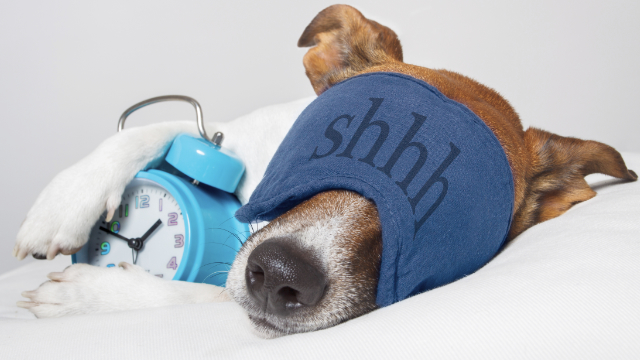


We spend roughly one–third of our lives sleeping, so it follows that the habits we keep during the night have a major impact on our waking lives. Sufficient sleep is an essential component of good overall health, as getting between 7–9 hours of sleep every night is linked with countless benefits, including stress relief, a reduced risk for many chronic disorders, improved memory and cognitive function, and possibly weight loss and a longer lifespan. Proper sleep is even more essential for athletes and anyone dealing with a painful condition, as it represents one of the most effective recovery strategies one can follow. Some experts even recommend that athletes should aim to get 9–10 hours of sleep each night to help them reach their full potential.
To elaborate on the association between sleeping habits and recovery, here are a few research examples that highlight the negative impact of sleep deprivation on both physical and cognitive performance:
Yet despite this growing body of evidence, many individuals still aren’t getting enough sleep. Statistics suggest that 35% of Americans get less than 7 hours of sleep per night and 63% claim that their sleep needs are not met during the week. This problem exists in athletic populations as well, with research showing that 50–78% of elite athletes experience sleep disturbance and 22%–26% suffer from highly disturbed sleep. The reasons why so many don’t get adequate sleep are complex and multifaceted, but some contributing factors include the fast pace of modern life, dietary habits, insomnia, and excessive light exposure from bright screens—especially at nighttime—which suppresses melatonin, the major hormone that controls sleep and wake cycles.
Take better control of your sleeping habits with these tips
If you’re trying to improve your sleeping habits, here are some of the most effective strategies to help you make it happen:
It’s also essential to identify and remove any barriers that might be directly interfering with proper sleep. For example, if you’re dealing with pain that’s preventing you from getting enough sleep, you need to first take steps to address it—like seeing a physical therapist—before you can expect the other strategies to work effectively. Self–reported measures of sleep like sleep diaries and fitness trackers that monitor sleep can be extremely helpful as well. And for athletes, an additional step is to work with coaches and other team members to discuss your changing sleep habits and collectively identify approaches that work for you.
The importance of sleep cannot be overstated, and even getting slightly more sleep than you’re currently getting can make a big difference. We understand that it’s easy to neglect sleep in an age when life moves fast and distractions seem to be everywhere, but if you take your sleep seriously, you’ll likely start to notice significant changes in your athletic performance and life in general.